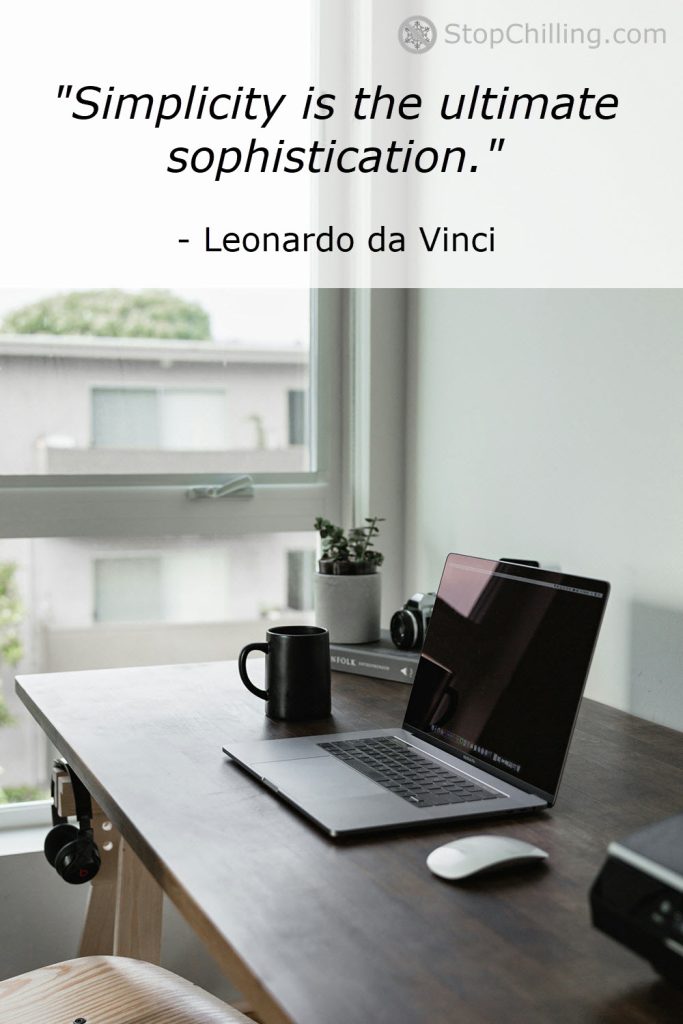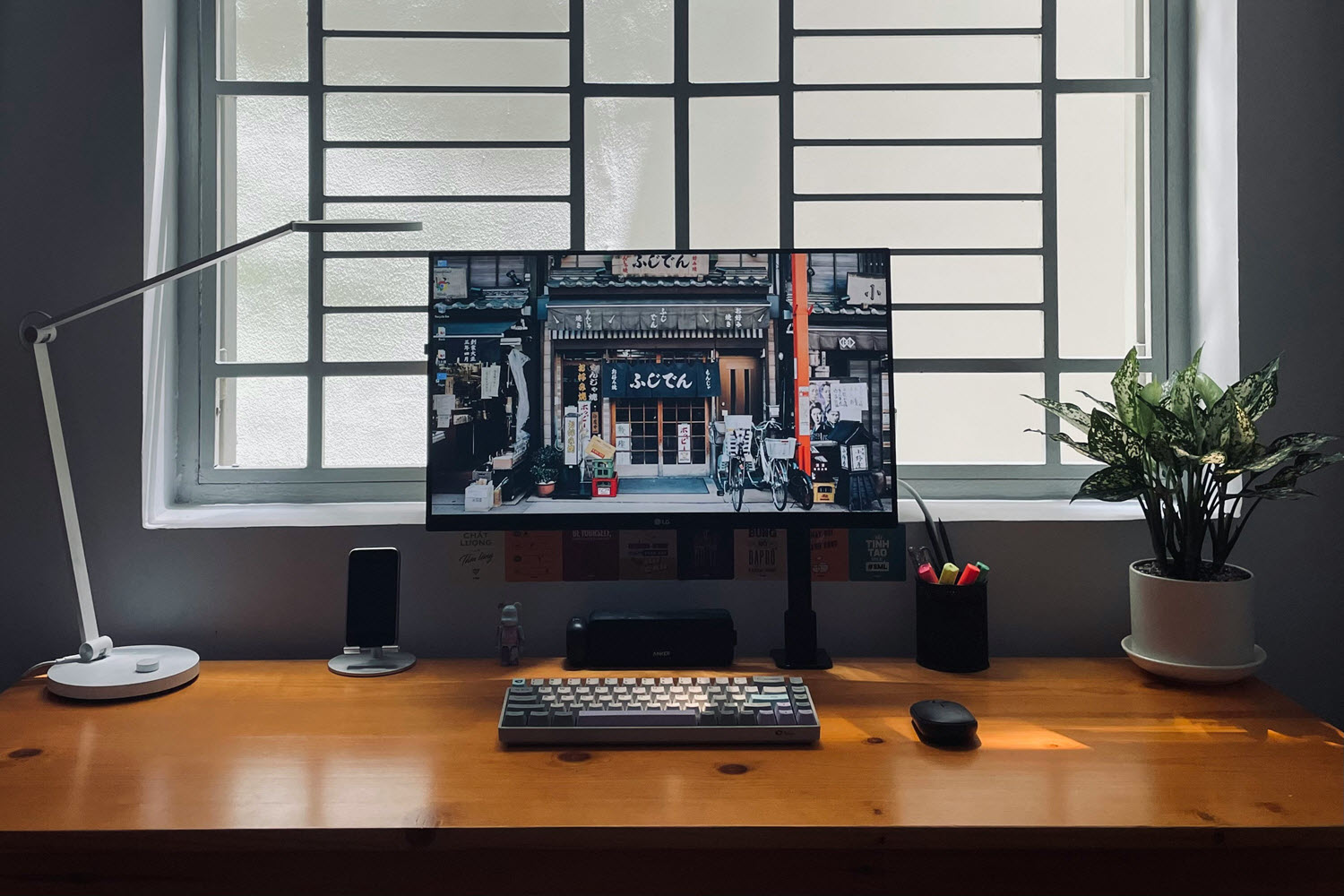Clutter doesn’t just take up space in your home—it weighs on your mind. Many people feel paralyzed by the sheer volume of their belongings, unsure where to begin. But history has shown that simplifying one’s life can lead to extraordinary success. If you’re wondering how to start decluttering when you’re overwhelmed, you’re not alone. Many of the most accomplished people you know have had to strip away distractions to focus on what truly mattered.
The Decluttering Journey of Steve Jobs
Steve Jobs, the co-founder of Apple, was known for his relentless focus and minimalist lifestyle. Early in his career, Jobs realized that excess possessions were distractions. After traveling to India and adopting Zen Buddhism, he embraced simplicity in all areas of life—his wardrobe, his home, and even his work. He famously lived in an almost empty house for years, keeping only a few essential pieces of furniture. This clarity of mind helped him build one of the most influential tech companies in the world. His story is a testament to how decluttering—both physically and mentally—can create space for innovation, creativity, and success.
If someone as busy as Steve Jobs could strip away the unnecessary to focus on what mattered, you can too. The key is to start small and understand the psychological benefits of decluttering.
The Psychological Benefits of Decluttering
Science has proven that physical clutter isn’t just a visual nuisance—it impacts mental health. A cluttered environment can increase stress, reduce focus, and contribute to feelings of being overwhelmed. But the reverse is also true: Decluttering can improve your well-being in profound ways.
Here are two research-backed case studies that highlight the psychological benefits of physical decluttering:
- UCLA Study on Clutter and Stress
A study conducted by researchers at UCLA examined middle-class families and their relationship with household clutter. They found that mothers who described their homes as “cluttered” had higher levels of cortisol, the stress hormone. The more disorganized their environment, the more stress they experienced daily. This study shows that reducing clutter isn’t just about tidiness—it’s about lowering stress and improving mental clarity. (source: The Clutter Culture)
- University of Connecticut Research on Decluttering and Anxiety
Another study from the University of Connecticut found that individuals who removed clutter from their homes reported lower levels of anxiety and an increased sense of well-being. Participants who actively decluttered their spaces over a period of weeks felt more in control of their lives and reported feeling happier and more productive. (Source: Can Decluttering Improve Your Mental Health?)
If you’re feeling stuck in how to start decluttering when overwhelmed, these studies confirm that the effort is worth it. Removing unnecessary items doesn’t just create space—it creates peace of mind.

How to Start Decluttering When Overwhelmed: 5 Simple Steps
Decluttering doesn’t have to be a massive, all-at-once project. If the idea of tackling your whole house feels paralyzing, consider decluttering one space at a time. Once you’ve made up your mind to minimize, follow these five manageable steps to get started:
- Start with One Small Space
Instead of trying to overhaul an entire room, pick one small area—a single drawer, a closet shelf, or even just your desk. Completing a small task will give you momentum to keep going. Instead of trying to overhaul an entire room, pick one small area—a single drawer, a closet shelf, or even just your desk. Completing a small task will give you momentum to keep going.
- Follow the Four-Box Method
Label four boxes: Keep, Donate, Trash, and Relocate. As you go through your belongings, place each item into one of these boxes. This system helps you make quick, clear decisions and prevents you from holding onto unnecessary things.
- Set a Decluttering Timer
If you’re feeling overwhelmed, don’t attempt to declutter for hours at a time. Instead, set a 15-minute timer and see how much you can accomplish. The key is consistency—doing a little each day will lead to big results.
- Ask Yourself: “Would I Buy This Again Today?”
This simple question helps cut through emotional attachment. If the answer is no, it’s a sign that the item no longer serves you and can be donated or discarded.
- Celebrate Small Wins
Each time you complete a decluttering session, take a moment to appreciate the progress. Whether it’s an organized drawer or a cleaner shelf, every step forward helps clear your space—and your mind.
Embrace the Power of Less
Steve Jobs believed that simplicity breeds clarity. Whether you’re trying to build a business, improve your focus, or just feel more at peace in your home, decluttering is a powerful tool to get you there. And as science has shown, the benefits go far beyond just having a neat space—it can reduce stress, increase productivity, and boost happiness. Once you have designed your best environment for getting things done, it’s time to look at implementing good habits. To support you on this journey, check out my post, “The Power of Good Habits: Lesson from Atomic Habits“.
If you’re interested in delving deeper into this discipline, the book, “Hoard Today, Gone Tomorrow: “Decluttering Advice You’ll Probably Ignore—Because Who Really Needs Floor Space Anyway?”” by Jay Berk, is a practical guide to taking back your home, one space at a time.
Your Turn: Take the First Step Today
Now that you know how to start decluttering when overwhelmed, it’s time to take action. Choose one small space to declutter today—whether it’s your desk, a drawer, or your wardrobe. Then, share your progress in the comments or on social media. Let’s support each other on this journey toward a clutter-free, more intentional life.
Remember, the first step may feel small, but it creates the momentum for lasting change. Start now, and reclaim your space—and your peace of mind.


Leave a Reply
You must be logged in to post a comment.